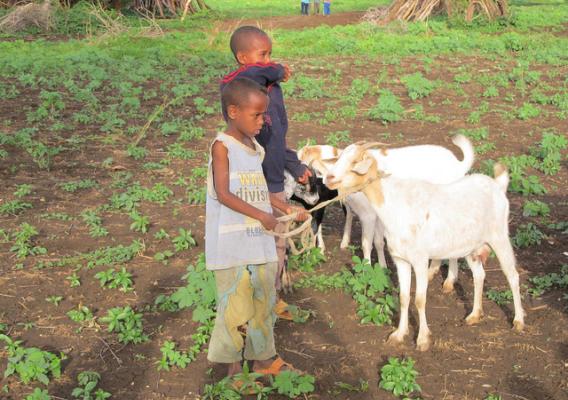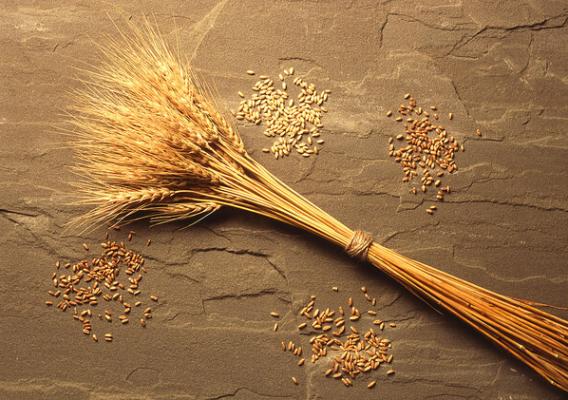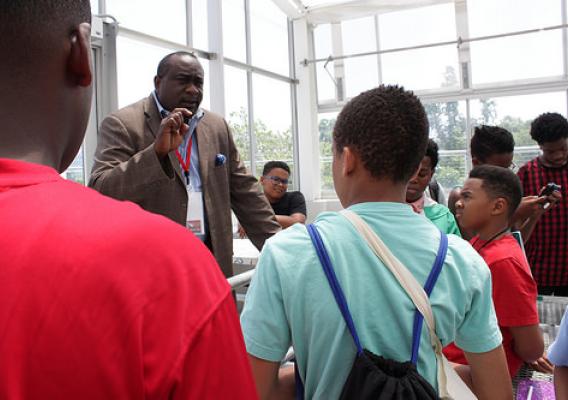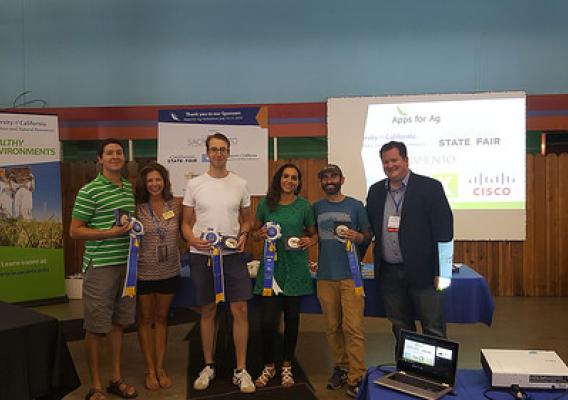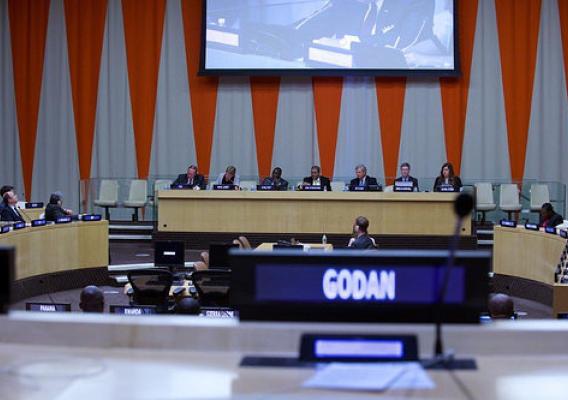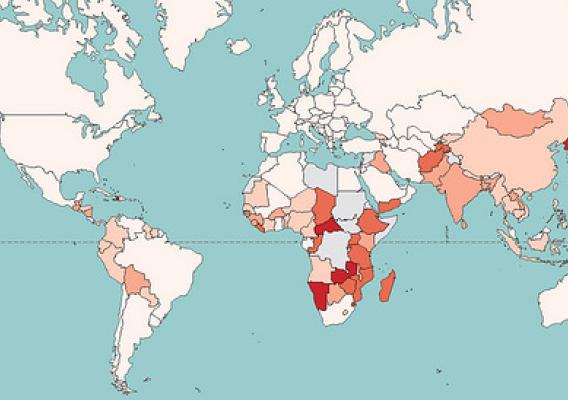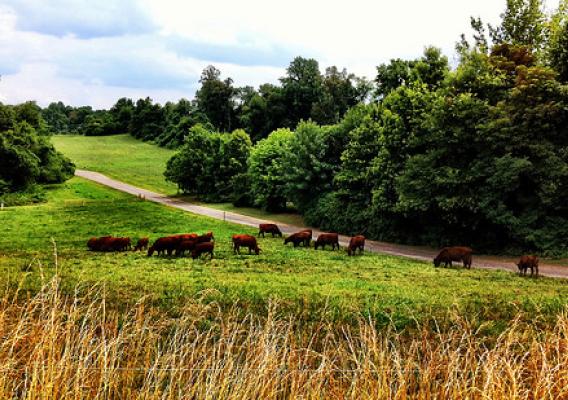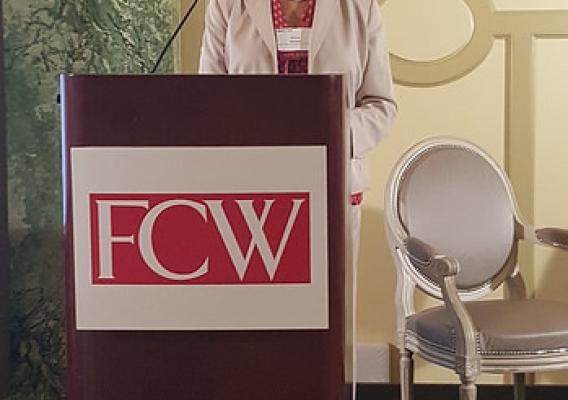Hackathons aim to solve real problems and USDA, along with the University of California Agriculture and Natural Resources (CANR) and the California State Fair, hosted a competitive one this past July. Software developers, designers, entrepreneurs, farmers, farm consultants, marketers and others in the agricultural industry participated in the Hackathon, which was held at the UC Agriculture and Natural Resources building in Davis, California. Participants competed for cash prizes at a “pitchfest” in front of a live audience at the California State Fair on Sunday, July 17, Prizes were awarded to the top three apps: first place won $5,000, second place $3,000 and third place $1,500. People who work in agriculture brought with them ideas for problems that technology may help solve.
“Apps for Ag” Hackathons have already resulted in multiple startups and we want to see this momentum continue to grow,” said Robert Tse, USDA California Rural Development chief strategy officer for agriculture technology and innovation. “There was no better place than the State Fair in the Capitol to showcase the ingenuity of California’s Ag tech community.”

